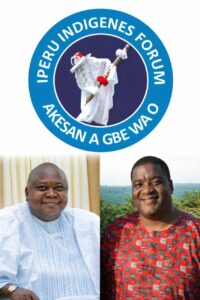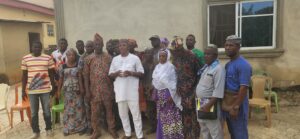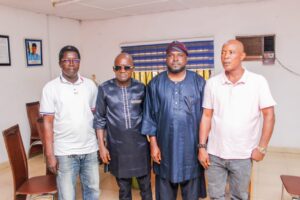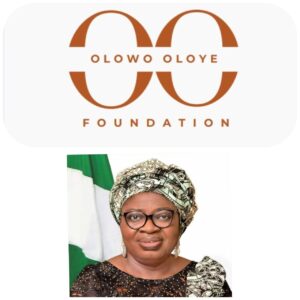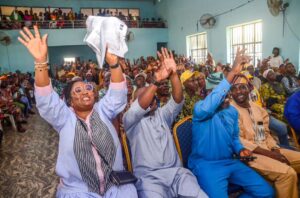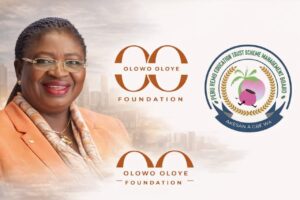Osinbajo Warns: Africa Faces Worst Debt Crisis in 80 Years Amid Rising Insecurity
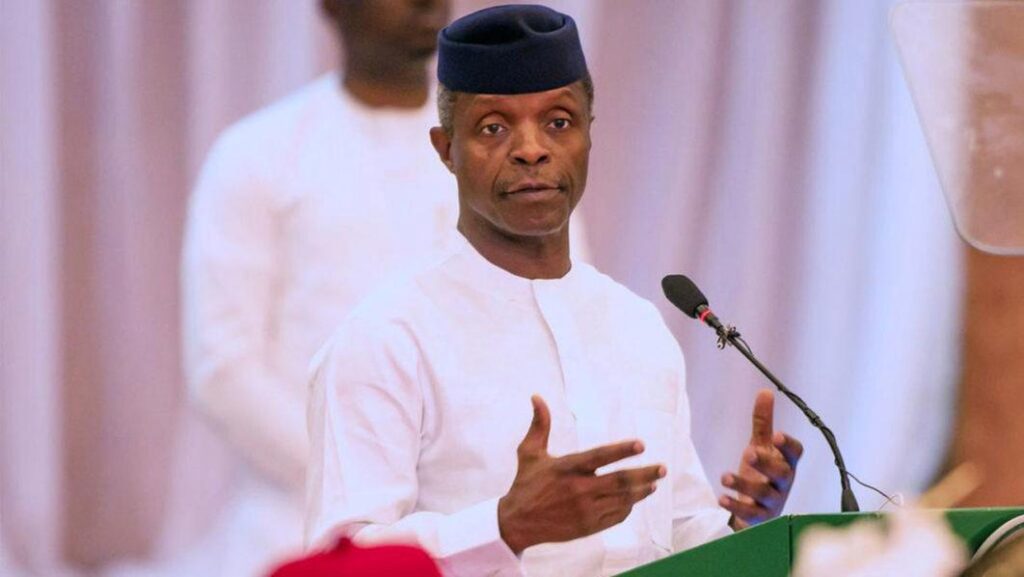
Osinbajo Warns: Africa Faces Worst Debt Crisis in 80 Years Amid Rising Insecurity
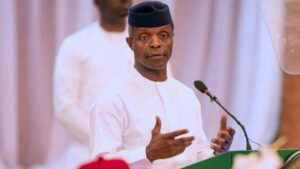
Former Vice-President Yemi Osinbajo highlighted the gravity of Africa’s current economic and security challenges during a speech in Freetown, Sierra Leone, on Monday. He described the continent as facing its most severe debt crisis in 80 years, exacerbated by rising insecurity and escalating poverty levels.
Osinbajo noted that since the onset of the COVID-19 pandemic, an estimated 55 million more Africans have fallen into poverty, including 39 million into extreme poverty. He also emphasized the troubling youth unemployment figures, with up to 25% of young Africans neither engaged in education, employment, nor training. Additionally, he pointed out that 20 out of 39 African countries eligible for concessional loans are at high risk of or already in debt distress.
Addressing the nature of democracy, Osinbajo asserted that elections alone do not define democratic governance. True democracy, he said, should deliver dignity—food security, quality education, safety, and hope for the future. Speaking as the keynote speaker at a colloquium celebrating President Julius Maada Bio’s 61st birthday, with the theme “From Vision to Impact: The People-Centered Leadership Model,” he called for African leaders to embrace people-focused governance. He stressed that leadership should be viewed as a duty to serve, prioritizing the needs and voices of the most vulnerable.
He painted a sobering picture of the continent’s struggles with structural transformation amid rising poverty, unemployment, and debt. Osinbajo pointed out that 20 African nations at risk of debt distress are also battling security threats, notably in the Sahel region, which has become a hub for deadly terrorist groups responsible for nearly half of global terrorism-related deaths. West Africa is grappling with insurgencies, banditry, and kidnappings, compounded by democratic setbacks such as coups in Burkina Faso, Mali, Guinea, and Niger.
He expressed concern that these setbacks threaten the progress made in democracy during the early 2000s, with segments of society increasingly accepting unconstitutional changes, feeling that democracy has failed to improve their lives. He highlighted the growing alienation and frustration among young people, citing protests like Nigeria’s #EndSARS and Kenya’s 15 Gen Z uprisings, as signs of discontent with governance. Voter turnout is declining, and extremist groups exploit youth despair, raising questions about the legitimacy and effectiveness of government.
However, Osinbajo offered a note of optimism. He cited a 2023 UNDP survey of 8,000 Africans, which revealed that most people still prefer democratic governance over military rule—only 11% in countries with recent coups favored non-democratic regimes. He argued that the challenge lies not in democracy itself but in ensuring that governments genuinely serve the people. To achieve this, he called for a shift from top-down strategies to bottom-up, inclusive development, emphasizing the need for strong political will at the highest levels.
He underscored that successful nations with thriving democracies exhibit leadership with a clear vision for society—leaders committed to growth, social development, and public service. Such leadership should reframe national discourse around ideas like democratic development to mobilize society effectively.
At the event, attended by government officials, diplomats, civil society leaders, and politicians, President Julius Maada Bio outlined his priorities: advancing human capital development, promoting gender equality, and strengthening democratic institutions. He announced plans to make the colloquium an annual platform to foster discussions on governance, rule of law, and leadership across Sierra Leone and the broader African continent.
